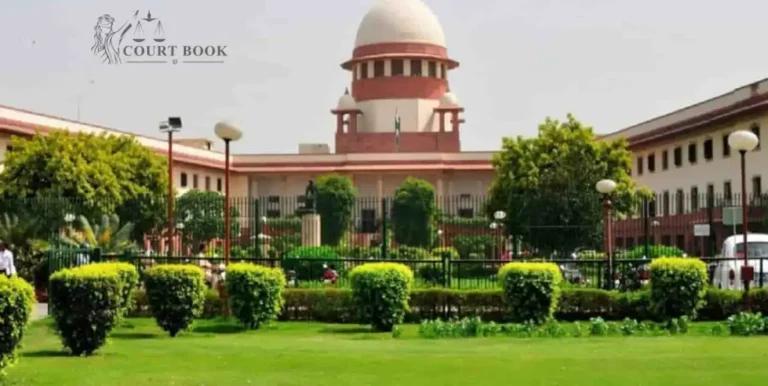The Supreme Court of India has reaffirmed that a Magistrate cannot order the registration of a First Information Report (FIR) under Section 156(3) of the Code of Criminal Procedure (CrPC) unless the complainant has first exhausted the remedies under Sections 154(1) and 154(3) of the CrPC. This significant ruling was pronounced in Ranjit Singh Bath & Anr. v. Union Territory Chandigarh & Anr. (Criminal Appeal No. 4313 of 2024), where a previous order by a Judicial Magistrate was overturned.
Under Section 154(1) of the CrPC, an individual must report the offence to the officer in charge of a police station, who is then obligated to record it in writing and obtain the informant’s signature. If the police refuse to register the complaint, the complainant has the right under Section 154(3) to escalate the matter by submitting a written complaint to the Superintendent of Police (SP), who may then investigate the case or assign it to a subordinate officer.
It is only after these steps are taken and the remedies under Section 154 are exhausted that a complainant can approach the Magistrate under Section 156(3) to seek an order for investigation. The Supreme Court bench comprising Justice Abhay S. Oka and Justice Ujjal Bhuyan emphasized this while quashing an order dated June 14, 2017, by a Judicial Magistrate, which had directed the registration of an FIR under Sections 420 (cheating) and 120-B (criminal conspiracy) of the Indian Penal Code (IPC).
Read Also:- Supreme Court Rules Magistrate Cannot Direct Police to Add Accused in Charge Sheet, Must Issue Summons
Referring to the landmark judgment in Priyanka Srivastava & Anr. v. State of U.P. & Ors. (2015) 6 SCC 287, the Court reiterated:
"A stage has come in this country where Section 156(3) CrPC applications must be supported by an affidavit duly sworn by the applicant who seeks the invocation of the Magistrate’s jurisdiction."
The Court also cited Babu Venkatesh & Ors. v. State of Karnataka & Anr. (2022) 5 SCC 639, emphasizing the necessity of exhausting remedies under Section 154 before invoking Section 156(3). The appellants' counsel argued that the complaint lacked specific averments regarding compliance with these procedural requirements.
Read Also:- Supreme Court Halts Gujarat Judicial Magistrate Recruitment Over Minimum Practice Condition
On the other hand, the complainant's counsel contended that while there was no explicit mention of compliance with Section 154(3), a written complaint had been submitted to the Inspector General of Police, Chandigarh. This complaint was later forwarded to the Economic Offences Wing for inquiry on January 29, 2014. However, the absence of a clear averment regarding the use of Section 154(3) weakened the complainant’s position.
The Supreme Court ultimately ruled that the complainant had not exhausted the remedies available under Section 154. It concluded that both the Magistrate and the High Court had disregarded the legal principles established in Priyanka Srivastava. Consequently, the Court quashed the orders of the Magistrate and the High Court.
Case Title – Ranjit Singh Bath & Anr. v. Union Territory Chandigarh & Anr.














